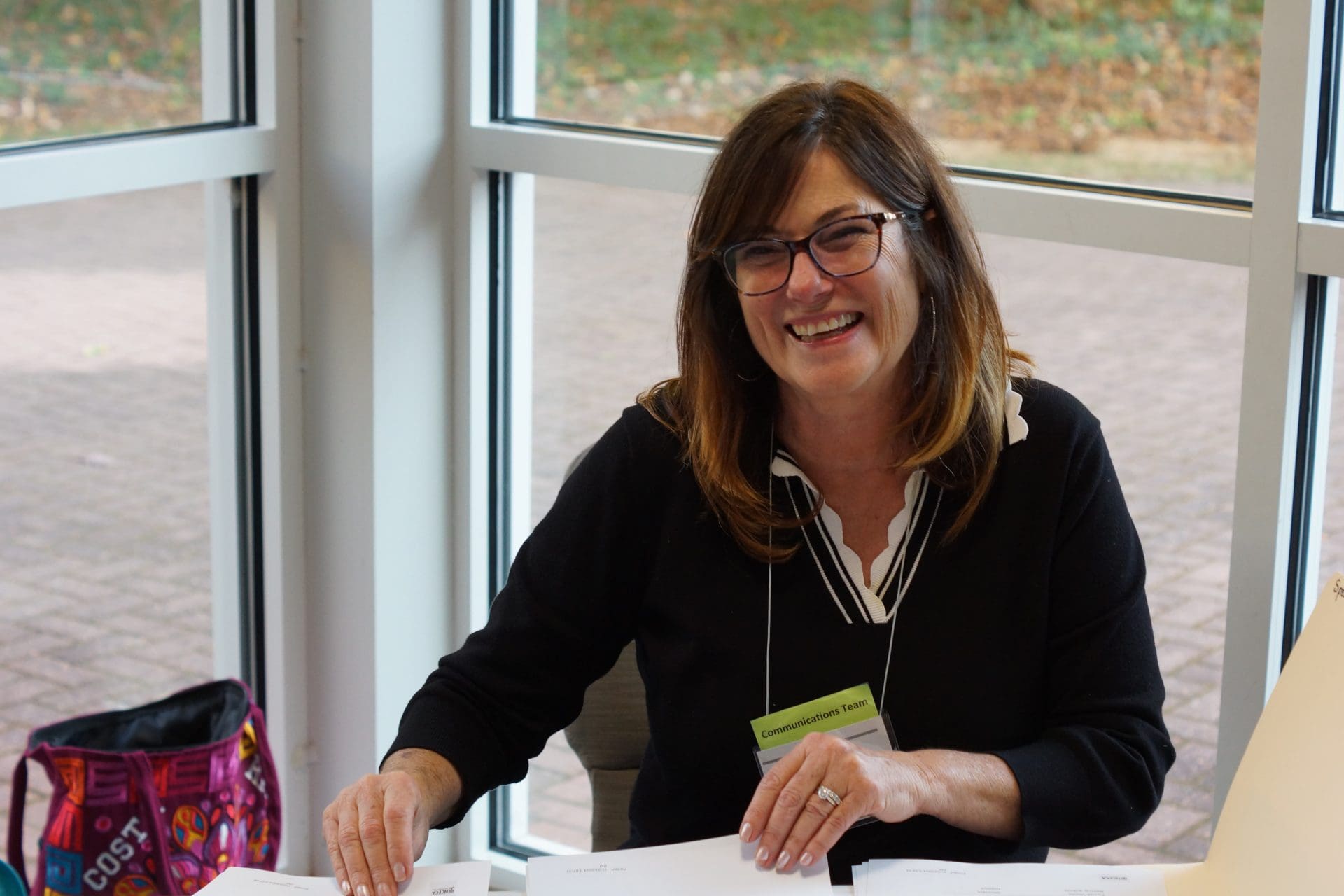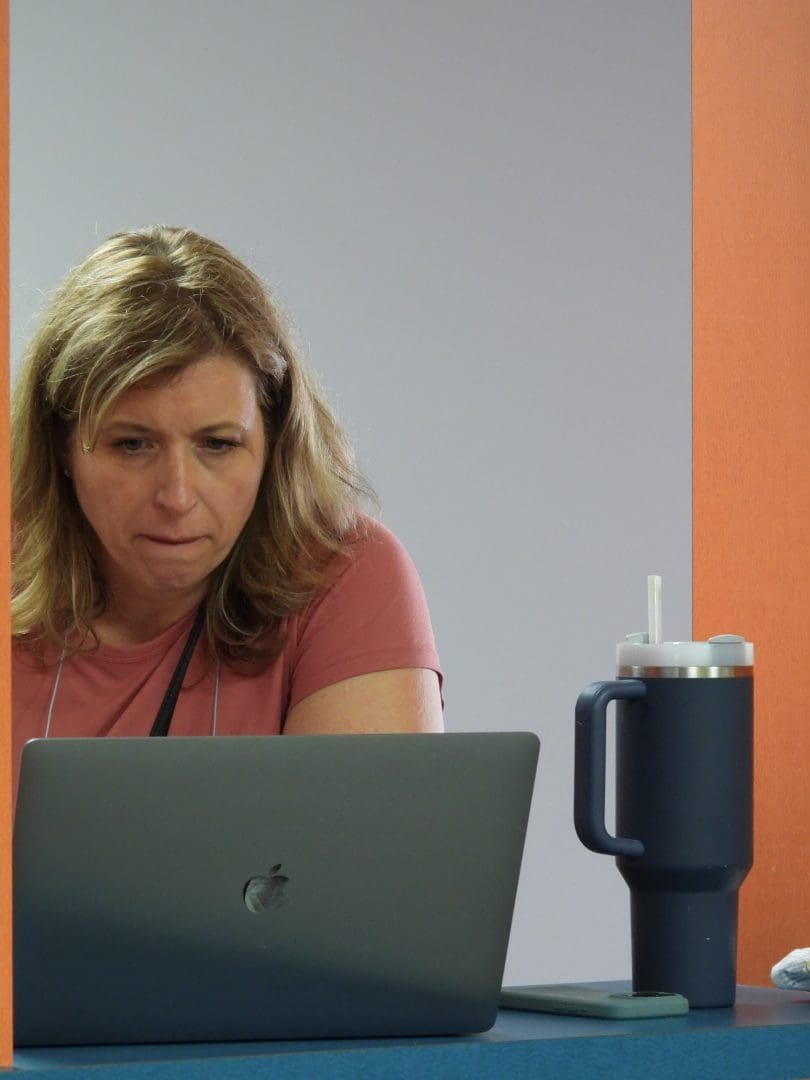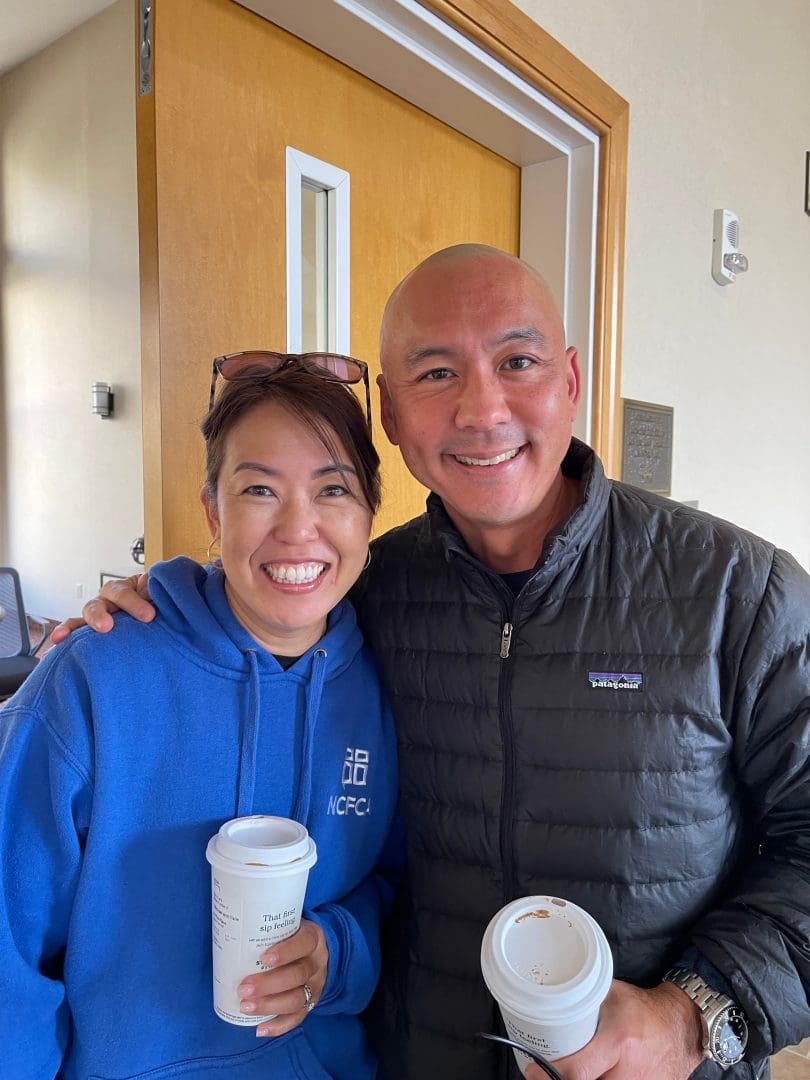Be Ready for Your First Tournament!
Tournaments represent a big investment of time and preparation, and we want it to be a great experience for you. Please make sure you’re ready by learning about the required preparation steps.

Important Resources & Tools
Here are some links that will help you find additional information you may want before you arrive.

Tournament Prep FAQs
What policies and rules do I need to know before a tournament?
Parents, designated adults, and competitors should read the NCFCA League Policies as well as the event rules for each events they will be participating in.
We know that for a first tournament, the rules and policies can seem a bit overwhelming, but you’ll get the hang of it in no time. If there’s a misstep or a question, our experienced families, volunteer teams, and tournament staff members will respond with grace and understanding. We’ve all been there!
Why do we have to check in for tournaments?
Checking in for a tournament is similar to checking in for an airline flight even though you may have purchased a valid ticket several weeks before. During the process, students affirm the ethics statement, parents confirm contact information, and all participants ensure they are able to access the tournament. It also helps the Tournament Administration verify that all competitors still intend to show up and compete because unexpected no shows are very disruptive to the experience of other competitors, judges, and to the tabulation system.
When do we need to arrive?
Families should arrive with enough time to pick up name tags and debate tents and get their belongings settled before morning announcements and devotions begin. Families are responsible for the information in morning announcements, and our devotion time is an important part of the day and should not be skipped.
Where do we get our name tags, etc.?
There will be a Packet Pickup area designated by signs.
What are the chaperone requirements at a tournament?
Each competitor and at least one parent or legal guardian must be available to actively participate for the duration of each NCFCA tournament for which they are registered.
Each parent will be designated to serve as a judge or to assist in a tournament staff role. If a parent is unable to participate, he or she may appoint another adult as a proxy, but must ensure that the designated adult meets all criteria outlined below.
A designated adult:
- May not be a competitor.
- Must be at least 21 years old or at least 19 years old if he or she is a sibling of the competitor.
- Must be prepared to fully participate in the tournament by serving as a judge or in another tournament capacity throughout the event.
- Must view one Judge Training each season for speech and for debate prior to judging.
- May only be responsible for students in one family regardless of the number of students in the family.
- May not be an adult who is already responsible for their own competing children
How many rounds do parents need to judge?
Parents or a designated adult should expect to judge throughout all days of the tournament.
What do younger children do while their parents are judging?
Children under competition age must be supervised by a parent, or another adult whom the parent designates except during the designated times for supervised Junior Activities. Parents often take turns watching younger children for one another, and young children who are capable of watching rounds quietly can sit with parents who are judging.
How will competitors know where to go for their rounds?
At in-person tournaments, before each round, posting sheets will be placed on walls and bulletin boards around the facility. Speech postings show which competitors will be competing in each room and their scheduled speaking times. Debate postings contain lists of the competitors, who they will be debating, and the room number where the round will take place, as well as showing any teams that will have a bye for the round.
Additionally, for both in-person and online tournaments, before each round, postings will be accessible through a link from the tournament schedule. (The round will turn red on the dashboard when postings are available.) When competition rooms open, a notification will appear on the platform and be sent via text that rooms are ready, and each competitor will see the join button(s) appear on their dashboard for their competition room(s) for the round.
What are “breaks” and elimination rounds?
“Breaking” is the NCFCA slang term for advancing to elimination rounds. The number of students who break—that is, advance to elimination rounds—in both speech and debate is determined by how many competitors competed in the event for the tournament. Students who advance to elimination rounds in a particular event are qualified to participate in that event at the Regional Championship, and they will be recognized during the award ceremony.
Break announcements generally happen right before each elimination round takes place, but speech break announcements may happen at the same time as debate breaks at the end of morning announcements. The Tournament Director or Tournament Coordinator will announce the names of the students who will be competing.
As individual names are announced for each event, the audience claps once—a clap we refer to as the forensics clap—so that the next name can be read promptly. When all names have been announced for the event, we take a moment to celebrate with ordinary applause before moving on to the next event.
Who should attend the award ceremony, and what should we know?
Each awards ceremony is a special time of fellowship and celebrating accomplishments within the NCFCA community. All participants are encouraged to attend.
Tournament attire is required for students who will be recognized, and occasionally debaters who did not expect an award may be recognized.
As individual names are announced for each event, the audience claps once—a clap we refer to as the forensics clap—so that the next name can be read promptly. When all names have been announced for the event, we take a moment to celebrate with ordinary applause before moving on to the next event.
When and how do competitors get their ballots?
After the tournament, ballots will be available from the Ballots button on the right side of the dashboard just above the Tournament Results button.
Does NCFCA provide hotel or lodging options?
We do not generally offer lodging associated with our tournaments, but in some cases a particular facility may make dorm rooms or other options available. Local clubs may also make some efforts to suggest lodging options. Any information about overnight options will be posted with Tournament Information.
How do alumni sign up to judge?
Alumni should log in to their existing account (associated with their family group).
- The person type in their profile must be set to adult and the alumni toggle must be activated. This update can only be done by an adult on the account.
- To be able to choose ballots for rounds they did not register for in advance, they must be listed as an attendee for the Tournament.
- They can also preselect rounds from the NCFCA judge registration pages on the website using their existing profiles.
What are Regions?
Regions are assigned by the geographical location of the billing address used at the time of affiliation. Once affiliated, if you would like to reassign to a region other than the one prescribed, please email gro.ACFCN@eciffO.
Reassignment must be processed prior to November 1 or prior to registering for any qualifying competition. Reassignment after initial qualifying competition will not be approved.
What are the different kinds of tournaments?
NCFCA offers a number of tournament opportunities for students to hone their analytical and oratorical skills both online and onsite. Dates, locations, and events offered for each tournament will be posted on the NCFCA website this fall.
Regional or District Qualifying Tournament
A regional or district qualifying tournament is a multi-day event open to eligible competitors within their region or district and offers six preliminary rounds of debate, three preliminary rounds of speech, and elimination rounds for both speech and debate. Students advancing to elimination rounds earn an invitation to the Regional Championship.
National Qualifying Tournament
A national qualifying tournament is a multi-day event open to eligible competitors from all regions that may include any combination of events, any of which will offer full preliminary (six debate/three speech) and elimination rounds. Students advancing to elimination rounds earn an invitation to their Regional Championship and top competitors in each event earn an invitation directly to the National Championship.
Regional Championship
A Regional Championship is a multi-day event open to competitors within a region who have earned an invitation through a qualifying tournament. Top competitors in each event earn an invitation to the National Championship.
National Championship
The National Championship is open to competitors who have received invitations through a national qualifying tournament, Regional Championship, or the National At-Large System.


